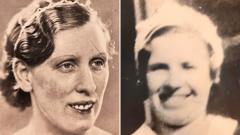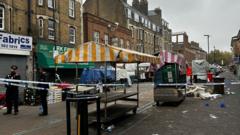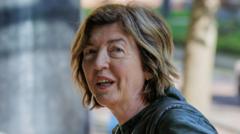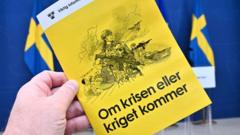
University of Edinburgh Launches Search for Families in Historic Jigsaw Murders Case
The University of Edinburgh has initiated a search for the families of Isabella Ruxton and Mary Rogerson, two women murdered 90 years ago in what became known as the Jigsaw Murders. The university has discovered their skulls and other remains in its archive and is seeking to return them to their relatives.
In September 1935, the bodies of Isabella and Mary were found dismembered near Moffat, Dumfries and Galloway, shocking the nation. Dr. Buck Ruxton, Isabella’s husband, was ultimately convicted of murdering his wife. The case became a landmark in forensic science, revolutionizing criminal investigations.
The murders occurred in Lancaster, with Ruxton, a popular GP, giving various explanations for the women’s disappearance. Isabella had previously accused him of domestic abuse, and he was known to be jealous of her friendships with other men. Mary Rogerson, the family’s nursemaid, was also killed.
Forensic scientists from Edinburgh and Glasgow Universities made groundbreaking discoveries during the investigation. They used innovative techniques to identify the remains, including:
– Superimposing an image of Isabella over an X-ray of a skull
– Analyzing fingerprints using new identification methods
– Studying insects on the bodies to determine the time of death
The trial, described as “the trial of the century,” saw Ruxton convicted of murdering Isabella. Two months later, he was executed by hanging at Manchester’s Strangeways Prison.
Tom Wood, a former assistant chief constable who wrote a book about the case, emphasized its significance: “Anything before the Ruxton case was ancient history. Anything after is modern, integrated, forensic science-led investigation.”
The university has kept the remains in its anatomical collection, presumably for medical research. Professor Tom Gillingwater acknowledges that by today’s standards, this would be unacceptable, but at the time, it was considered a remarkable scientific approach.
The university faces a delicate situation in tracing the families. Isabella and Buck Ruxton’s three children were fostered, and it’s unclear if they were ever told about their parents’ fate. Mary Rogerson is known to have relatives in the Morecambe area, while Isabella’s sister Jeannie Nelson was living in Edinburgh at the time of the murder.
After consulting ethics experts, the university decided to make a public appeal through the BBC. Professor Gillingwater stated, “If there are any relatives of Isabella or Mary who believe that they would like to have the remains returned to them, we would be delighted to talk to them about what the next steps might be.”
Families interested in learning more can contact the university through a dedicated website section, with assurances that all discussions will be held in the strictest confidence.









